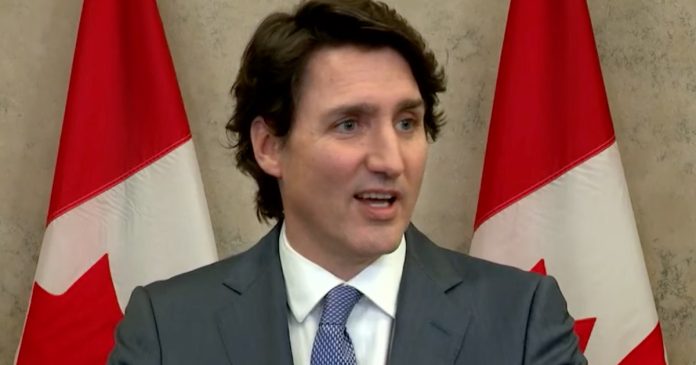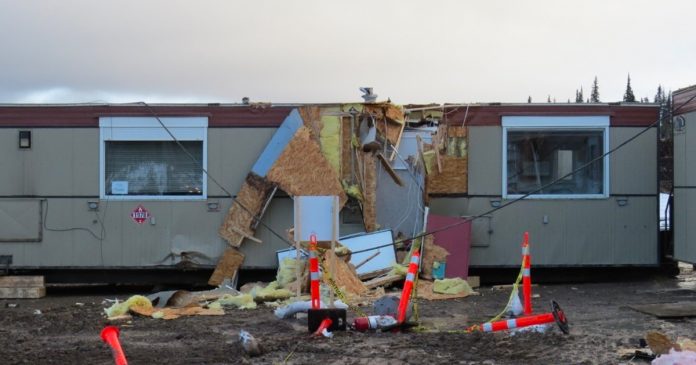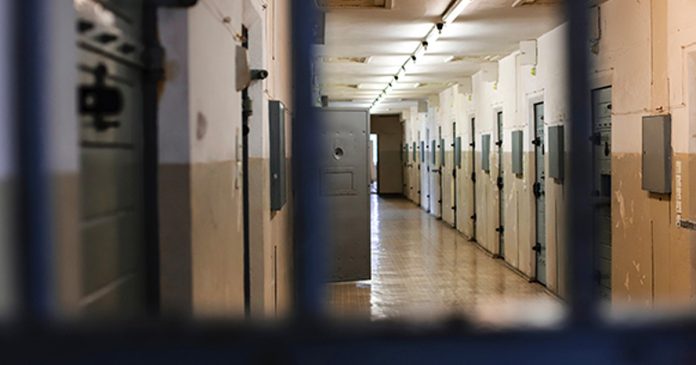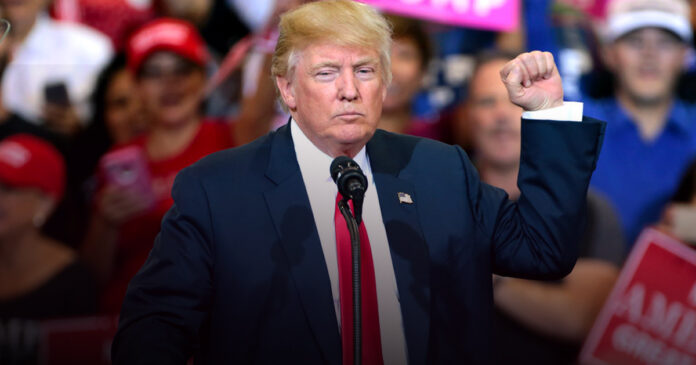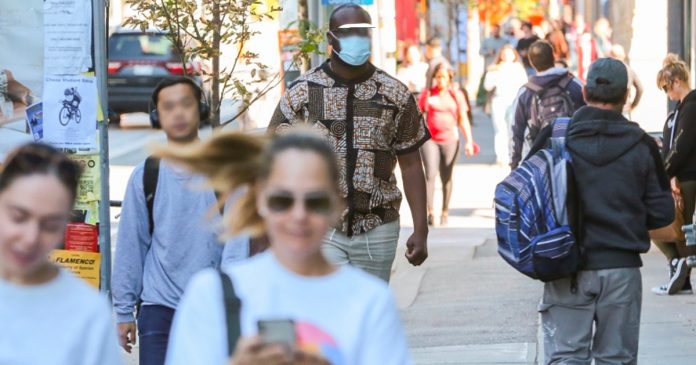In response to the ongoing conflict in Ukraine, Prime Minister Justin Trudeau has announced a ban on all crude oil imports from Russia.
Trudeau made the announcement on Monday. The move is the latest in a series of actions meant to punish the regime of Russian President Vladimir Putin for invading Ukraine last week.
“This industry accounts for more than a third of Russia’s Federal Budget revenues. And while Canada has imported very little amounts in recent years, this measure sends a powerful message,” said Trudeau.
Trudeau’s decision comes after Alberta Premier Jason Kenney called for a ban on Russian oil the day after the conflict began.
“We need to see the entire democratic world take a hard ‘no’ on future Russia energy imports and pipelines shipping Alberta oil and gas is the single most powerful thing that Canada could do,” Kenney said Friday.
Canada has already levelled numerous sanctions against key Russian officials and organizations while also providing material aid to the Ukrainians.
On Monday, finance minister and deputy prime minister Chrystia Freeland announced sweeping new financial sanctions against Russia, including a prohibition on Canadian banks dealing with the Russian Central Bank.
Conservative opposition interim leader Candice Bergen had called for the Trudeau government to do more to help Ukraine over the weekend.
“The Liberal government has failed to recognize that Canadian oil and gas is vital to Canadian and European security. We need to get new pipelines built to tidewater to displace Russian natural gas,” wrote Bergen.
Russia is the third largest producer of oil behind the United States and Saudi Arabia. Its production composes 11% of the entire world’s output.
In 2019, Canada imported 18,000 barrels of oil from Russia according to the Canadian Association of Petroleum Producers.



